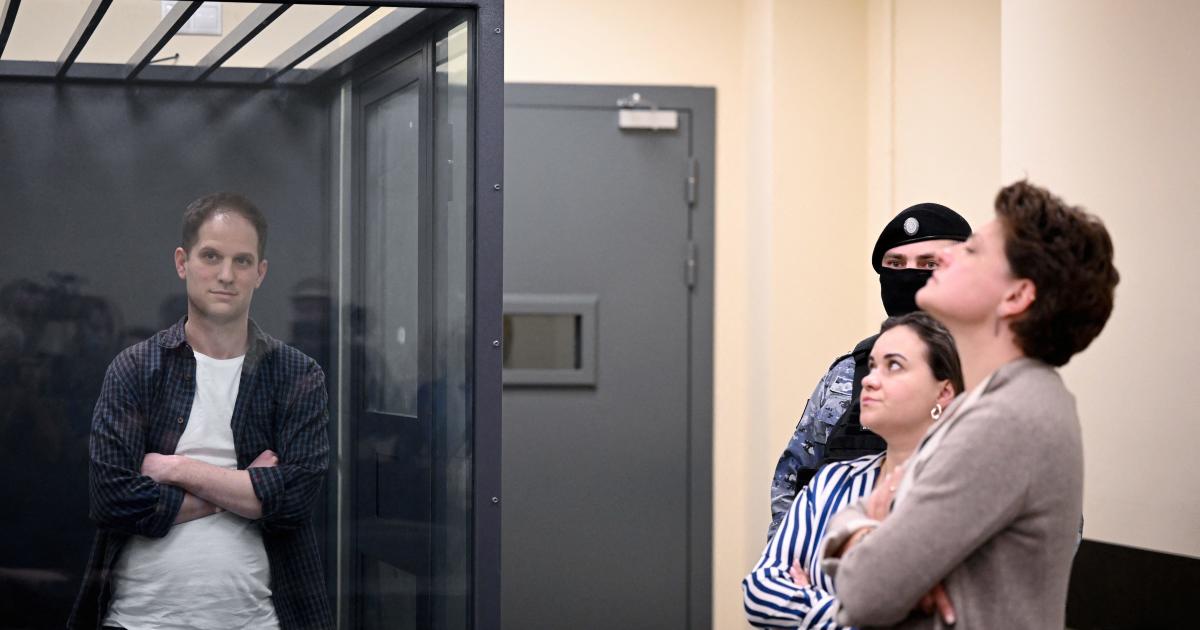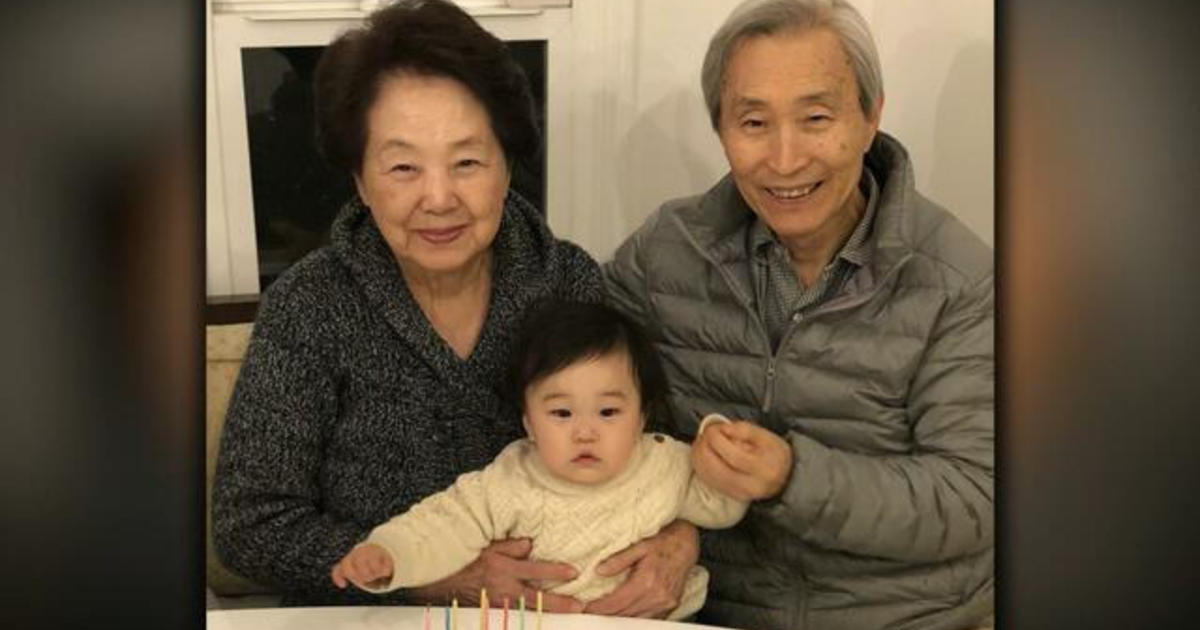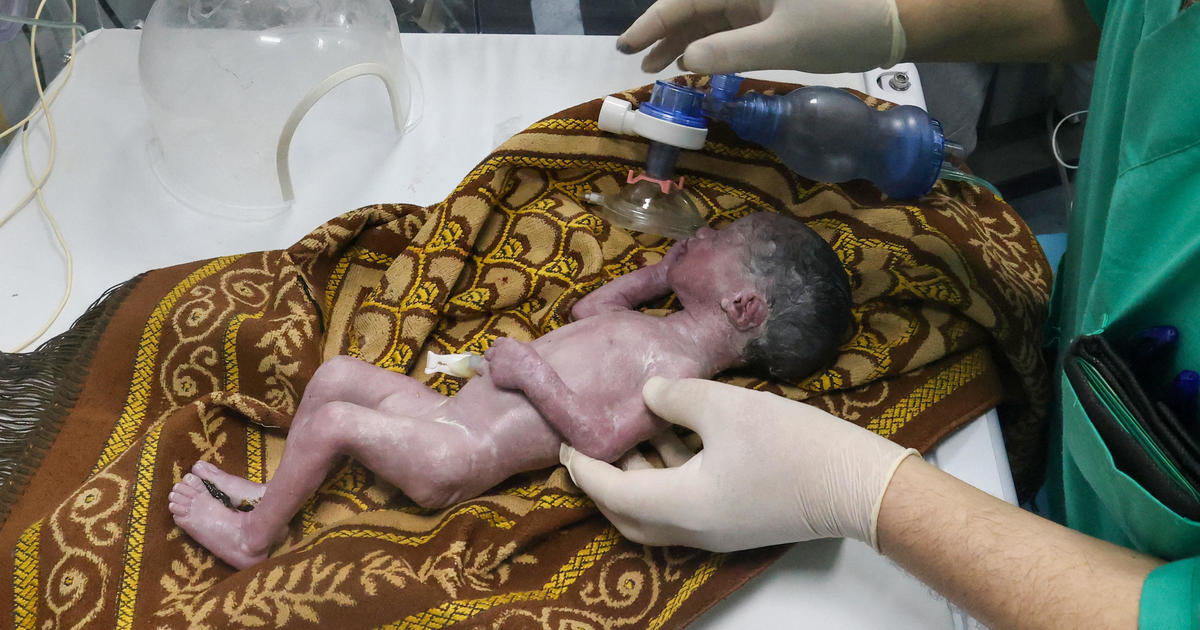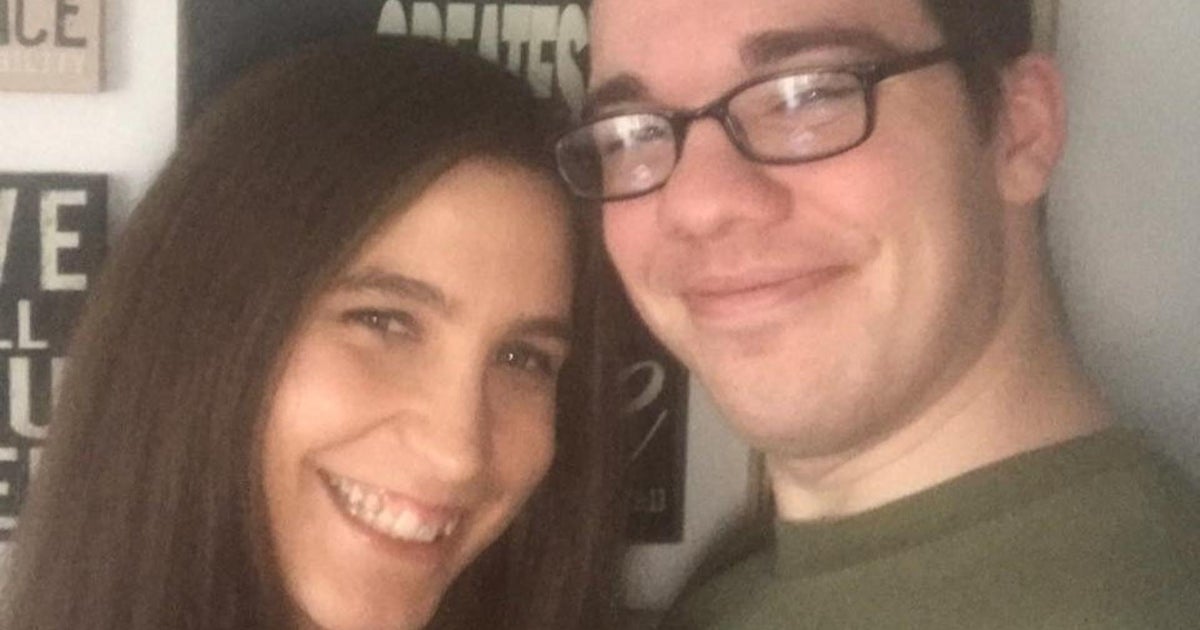D-Day veteran brings wife to Normandy to share memories of the battle
Sixteen million Americans served in the military during World War II — but it's estimated that fewer than half a million of those veterans are still alive today.
The history books about D-Day have been written and re-written over the decades, but for the veterans who came ashore on these beaches, the events of June 6, 1944 are not history, but their life stories. Many return to Normandy to come to terms with their past. For Vern Ollar, now 97, this 75th anniversary visit was about his life now, and about sharing his memories with his wife of 10 years, Ruth.
As a 22-year-old Texan he landed at Omaha Beach, the site of the worst American carnage of the Normandy landings, with a mortar unit supporting the first waves of infantry. He came in an hour after the invasion began, when the beach was a killing zone and Allied forces were exposed on the beach.
"We were out- out-gunned," Ollar told "CBS This Morning" co-host Anthony Mason. "We were targets. [Our enemies] had cover."
He's never been eager to tell war stories. "I put it aside but I never forgot it," he said. "You can't dwell on it — and the guys that dwell on it, I suppose, are basket cases."
But Ollar thought it was now or never to share his experiences with Ruth, so he took her on a tour through the once-bloody Normandy battlefield country.
"We were all rookies as far as combat was concerned," he told her on a bus.
There's a lot of World War II nostalgia at times like this. But he doesn't need any visual clues to remember.
"You don't forget it. You can't forget," he said. "I can tell you just stuff that happened 10 minutes after we landed, you know."
And now, he's told those stories to Ruth, who believes young people don't understand "the sacrifices that were given for their freedom."
Coming back to Normandy did more than revive memories for Ollar. It reminded him why he had come the first time.
"I think they should teach it at school. Not just D-day, Iwo Jima and some of those islands," he said. "Hitler and [WWII Japanese Prime Minister Hideki] Tojo had to be eliminated."



